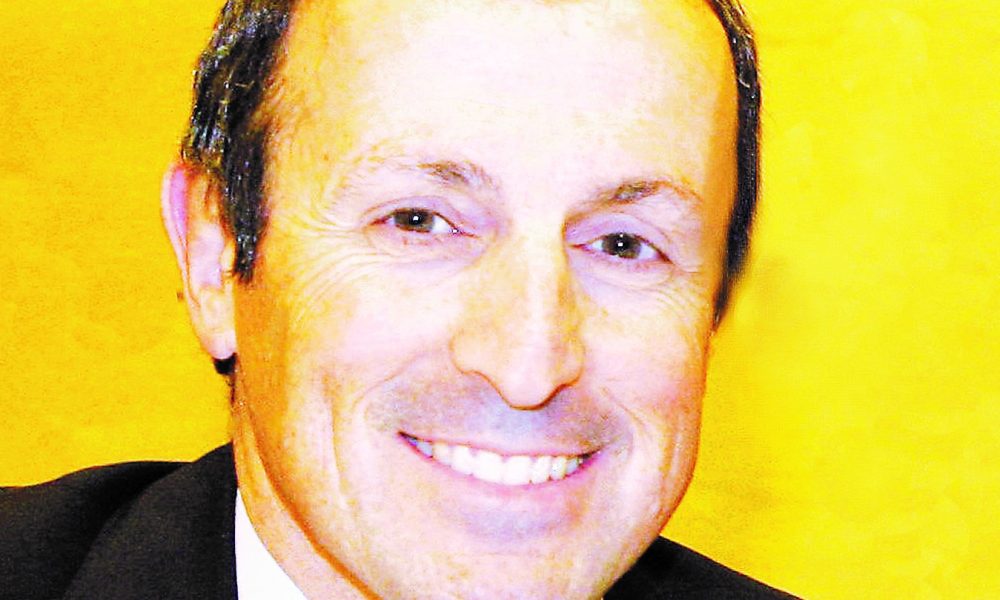News
Sydney Jewry galvanised by pandemic
The Sydney Jewish community has re-imagined and re-invented itself. One of the centres of Australian Jewry, it has responded to government-imposed restrictions in the context of the pandemic by re-designing itself. This has resulted in thousands more members of the community being reached and engaging with matters Jewish than ordinarily the case. Arguably, more than ever before.

VIC ALHADEFF
The starting point was the firm guidelines laid down by the government early in the pandemic, its quick and clear action resulting in a relatively limited number of Australians contracting the virus.
Those parameters obviously applied to the Jewish community too. It put in place a decision-makers group comprising leaders who had their fingers on the pulse of critical areas of communal need such as health, mental health, meals, finances, and communications.
The core community pillars – schools and synagogues – closed their physical doors, switching smoothly and effectively to online teaching and services. This year’s Yom Hashoah commemoration comprised a moving 36-minute video put together by the New South Wales (NSW) Jewish Board of Deputies, and was watched by an estimated 10 000 people, as opposed to the 1 800 who usually turn out.
And as is the case the world over, Zoom became the community’s new best friend. Using this facility as its medium of choice, the NSW Board has quickly taken its political networking to a new level, holding multiple virtual meetings with members of parliament every week.
The Board has also used the medium to connect with Jewish leaders around the world – South African Jewish Board of Deputies National Director Wendy Kahn being the first in an impressive line-up, followed by colleagues in London, New York, Berlin, and even in the Israel Defense Forces.
Many other initiatives have sprung up. Led by the tireless Brian Fine, an energetic group of retired ex-South Africans who call themselves Alte Zagen have responded to the situation by raising funds for the Union of Jewish Women in South Africa, the proceeds intended for the needy.
Other former South Africans, Sue and Alan Lipman and Sean Katz, were among those behind the online Sydney South African Film Festival, with Di Singer and Claire Jankelson the festival directors. The funds raised went to Education Without Borders, which operates in disadvantaged South African communities.
Everywhere one looks, there are now opportunities on Zoom, from Jewish cooking demonstrations to a lecture on Holocaust author Primo Levi, to Israeli dancing, to briefings on the mooted annexation (of the Jordan Valley). There is also a new online portal, Dunera – named for the overcrowded ship which transported about 2 000 German Jewish refugees from England to Australia in 1940 as suspected enemy aliens – that was launched just days ago, making a further tapestry of lectures, classes, and activities available at the stroke of a computer key.
As we go to press, our Jewish schools have reopened, the synagogues are doing so cautiously and incrementally, and the Jewish Community Appeal – the community’s financial lifeblood – is anxiously hoping that members will do the right thing, in spite of the absence of motivational fundraising events.
We are a re-invented community, a re-imagined community, with thousands more involved and engaged than before, and many asking what it will all look like tomorrow.
- Vic Alhadeff is chief executive of the NSW Jewish Board of Deputies in Sydney, Australia.